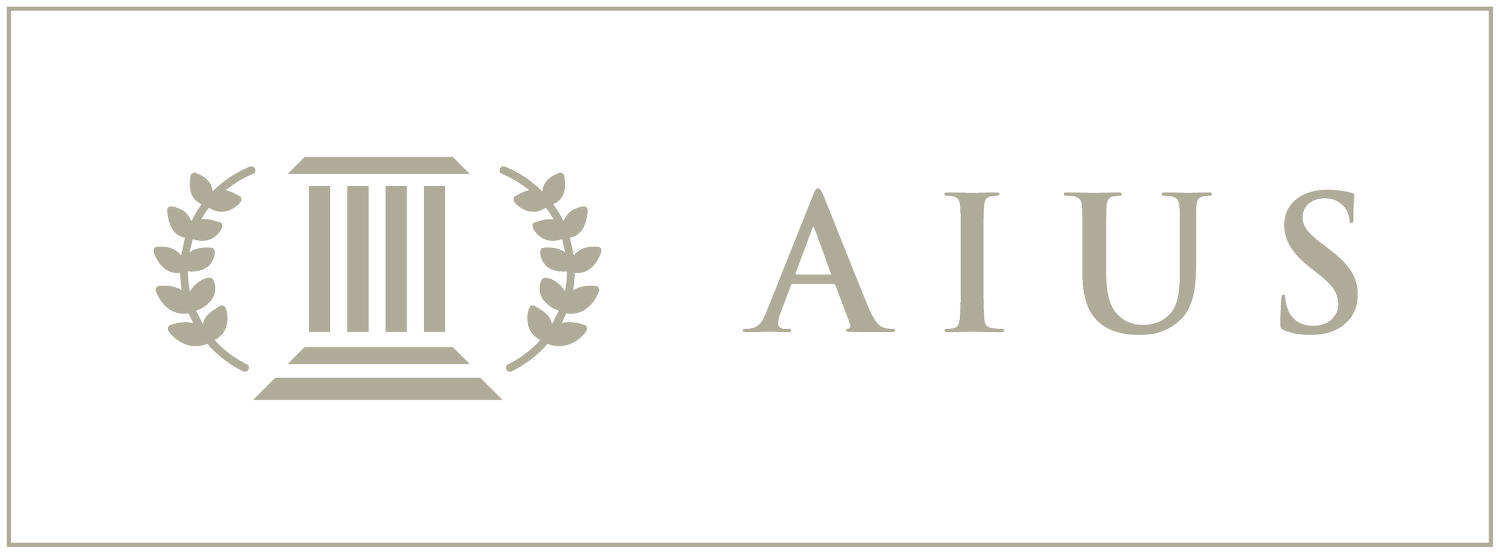Swedish Court Partially Annuls Award for Failure to Address a Competition Law Plea
In its 10 January judgment, the Svea Court of Appeal partially annulled an arbitral award between the Finnish gas supplier Gasum and its Russian counterpart Gazprom. Gasum had sought partial annulment inter alia on the basis that the arbitral panel had failed to assess whether the contractual volume requirements were contrary to the prohibition against anti-competitive agreements contained in Article 101 TFEU. The court agreed with Gasum and granted the relief sought, making an assessment of the claimant’s alternative pleas - relating to abuse of dominance under Article 102 TFEU - unnecessary.
The judgment contains a number of interesting points under Swedish law:
According to the court, the failure to assess a competition law plea raised by a party amounts to a “a serious oversight that has compromised the legal certainty of the procedure” and leads to a presumption that the omission has affected the outcome of the arbitral proceedings.
The sections of the award cited by the defendant in order to rebut the presumption on the likely outcome of an Article 101 assessment failed to convince the court. The court noted, inter alia, that
with regard to abuse of dominance, the panel had primarily opined on forms of abuse other than those raised by the party and had not assessed the Article 102 claim on exclusive dealing. The likely outcome of a corresponding Article 101 analysis on exclusive purchasing obligations could therefore not be inferred from the panel’s Article 102 analysis.
the observations by the panel relating to the parties’ conduct during negotiations, while relevant to assessing whether the terms were ‘unfair’ under Swedish contract law, were irrelevant to determining whether the agreement was restrictive of competition.
Finally, the court clarified that a failure by a panel to assess a competition law plea raised in arbitral proceedings cannot be cured by the court engaging in a substantive assessment during subsequent challenge proceedings. The defendant’s argument that the award could only be annulled if the court rules on the merits of the competition plea was therefore rejected.
The Svea Court’s judgment not only demonstrates that a failure by a panel to assess a plea raised in the proceedings is a serious omission, which may lead to the annulment of an award. In its assessment of whether the omission was likely to have affected the outcome of the proceedings, the judgment also contains implicit critiques of the panel’s substantive assessment under Article 102.
Above all, the judgment serves as another reminder that mandatory provisions of EU competition law cannot be ignored in the context of arbitral proceedings.
Case T 540-23, judgment available upon request at the court’s website.
